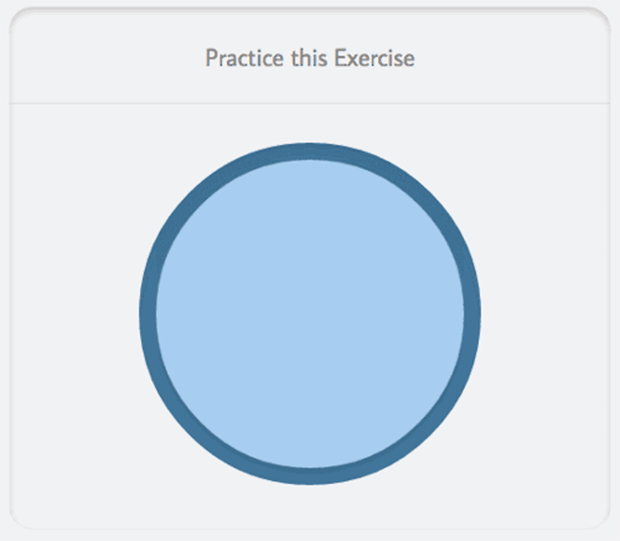By Kieran In Student wellbeing, Stress, Motivation, Identity, Self care
University can be one of the most transformative chapters in a person’s life—but it can also be one of the most overwhelming and the prospect of surviving university can feel tough. Around one in six UK undergraduates report mental health challenges Whether you’re just out of college and going to Freshers week, returning as a mature student, or navigating university alongside work and family, the pressure to “get it right” can feel relentless and this post is to help with surviving university. I clearly remember both feelings of anxiety and excitement at the thought of being more independent and moving on from my life in a big town like Cheltenham and leaving sleepy Cornwall behind.
“You’ll never find peace of mind until you listen to your heart
George Michael
Deadlines. Debt. Homesickness. Social anxiety. Identity questions. The weight of expectation—both internal and external—can build quietly until it starts to affect your sleep, your relationships, and your sense of self. I certainly felt a lot of pressure to hit the ground running when I arrived in my student digs; pressure to make a good impression with flatmates and fellow students. I remember finding simple things such as where should I do my shopping and how will I make sure I eat healthily enough to not get some awful disease quite overwhelming.
This guide is for the student who’s feeling lost in the noise (like I was). The one who’s questioning whether they belong. The one who’s trying to juggle everything and wondering if it’s all too much.
Let’s explore some practical, compassionate strategies to help you not just survive university—but grow through it.
Don’t forget to download my free Surviving University Toolkit at the end of this post!

Why University Feels So Intense and how to survive
University isn’t just about lectures and essays—it’s a full-body experience. You’re often:
- Living away from home for the first time
- Managing finances, food, and friendships
- Navigating new identities and beliefs
- Facing academic pressure and performance anxiety
- Meeting lots of new people
- Adapting to a town or city you might not know very well
It’s a lot. And yet, many students feel they have to “just get on with it.” That asking for help is weakness. That struggling means they’re failing.
Let me say this clearly: it doesn’t. Treat getting support from your tutor, lecturer or even a counsellor like me as important as attending lectures, handing in assignments on time and sitting exams.
Struggle is part of growth. And support is part of success.
Technique 1: The “Micro-Moment” Method
When everything feels overwhelming, zoom in.
Instead of trying to fix your whole life, focus on one small moment:
- Make your bed
- Drink a glass of water
- Step outside for 2 minutes
- Text a friend “thinking of you”
These micro-moments help regulate your nervous system and build momentum. They’re not trivial—they’re foundational.
“If I cannot do great things, I can do small things in a great way.”
Martin Luther King, Jr.
Technique 2: The “Permission Slip” Practice
Write yourself a permission slip. Literally.
“I give myself permission to rest.” “I give myself permission to not know everything.” “I give myself permission to feel sad today.”
This simple act can reduce shame and increase self-compassion. It’s a tool I often use in therapy sessions with students who feel trapped by perfectionism.
Technique 3: The “Belonging Inventory”
University can trigger deep questions about identity and belonging. Try this journaling prompt:
- Where do I feel most like myself?
- Who makes me feel safe?
- What spaces energise me?
- What beliefs no longer fit?
This inventory helps you reconnect with your values and find your people. Belonging isn’t about fitting in—it’s about feeling seen.
Anxious about surviving university?
Schedule a call
Technique 4: The “Stress Spiral Interrupt”
When your thoughts start spiraling—“I’m behind, I’ll fail, I’m not good enough”—use this 3-step tool:
- Name it: “I’m catastrophising.”
- Ground it: “What’s the actual problem right now?”
- Shift it: “What’s one thing I can do today?”
This technique helps you move from panic to presence. It’s not about ignoring stress—it’s about interrupting its momentum.
Technique 5: The “Connection Ritual”
Loneliness is one of the most common struggles at university. Create a weekly ritual that fosters connection:
- A walk with a flatmate
- A call to someone back home
- A shared meal with coursemates
- A club or society meetup
You don’t have to be extroverted. You just have to be intentional.
I remember feeling isolated myself at times when I was at university, so I can speak from first hand experience as well as being an experienced counsellor who has worked with many students feeling the same way when I say it is important to remain connected and feel part of something.

When It’s More Than Just Stress
Sometimes the pressure of university reveals deeper challenges—anxiety, depression, trauma, identity confusion. That’s okay. That’s human. Afterall, just because we’ve left friends, family and familiarity behind, it doesn’t mean problems we had before we enrolled are left behind too.
Counselling offers a safe, confidential space to explore these layers. Whether you’re dealing with academic burnout, relationship strain, or emotional overwhelm, support is available.
As a counsellor, I work with students across Cornwall and online to help them find clarity, confidence, and calm. You don’t have to wait until crisis hits. You’re allowed to ask for help now.
“Not all those who wander are lost.”
J.R.R. Tolkein
Final Thoughts on surviving university: You’re Allowed to Thrive
University isn’t just about grades—it’s about growth. And growth is messy, nonlinear, and deeply personal. Surviving university doesn’t have to a slog.
Whether you try the micro-moment method, write yourself a permission slip, or reach out for counselling, know this:
You’re not alone. You’re not failing. You’re becoming.
And that’s something worth celebrating.
Take it from me, someone who spent 4 years wondering if they were making the right decisions, on the right degree course and whether they were building the right future that taking control of life at university is paramount. If you feel as though you need some support from a professional counsellor like me, then contact me here.
Want more support?
📘 Download the Student Survival Toolkit (Free PDF)
A gentle, practical guide to help you manage stress, find belonging, and thrive at university.






















 The guy in question does now have a new girlfriend but the cycle has started again, where he no longer has time for the gym because of the girlfriend, so he has stopped going again.
The guy in question does now have a new girlfriend but the cycle has started again, where he no longer has time for the gym because of the girlfriend, so he has stopped going again. So, back to the original question; why doesn’t the gym work for you? If like in this example case you’re going to the gym to make yourself look more attractive, it’s probably never going to work.
So, back to the original question; why doesn’t the gym work for you? If like in this example case you’re going to the gym to make yourself look more attractive, it’s probably never going to work.